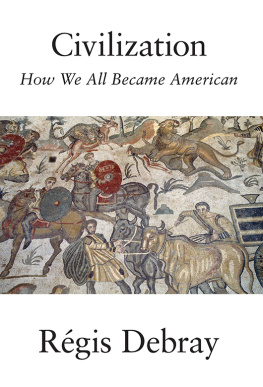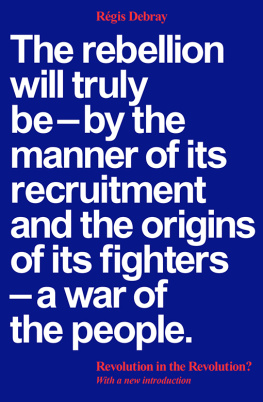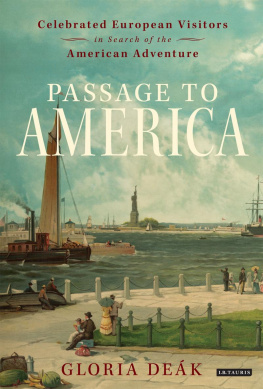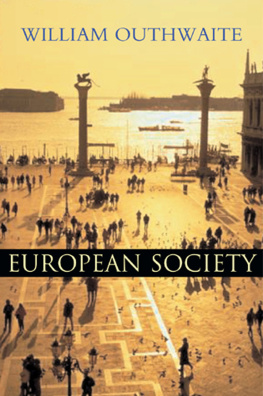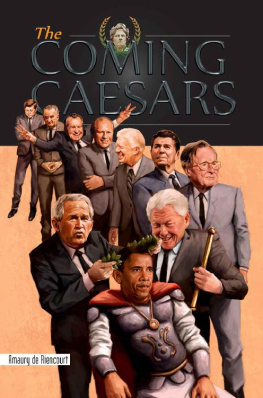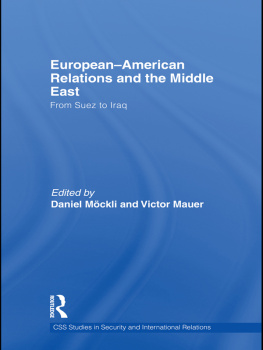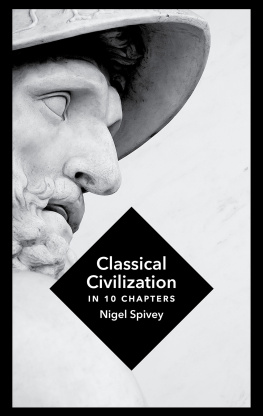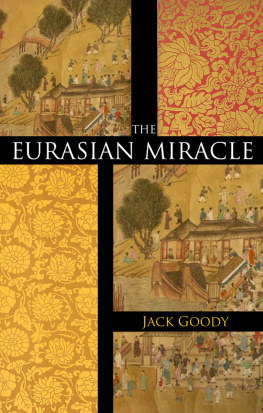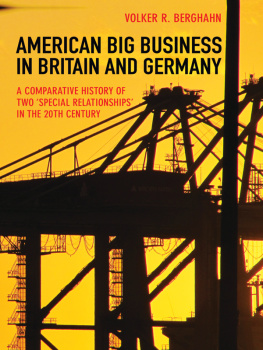Contents

Civilization
Civilization
How We All Became American
Rgis Debray
Translated by David Fernbach


This work was published with the help of the French
Ministry of Culture Centre national du livre
Ouvrage publi avec le concours du Ministre franais
charg de la culture Centre national du livre
First published in English by Verso 2019
Translation David Fernbach 2019
First published as Civilisation: Comment
nous sommes devenus amricains
ditions Gallimard 2017
All rights reserved
The moral rights of the author have been asserted
1 3 5 7 9 10 8 6 4 2
Verso
UK: 6 Meard Street, London W1F 0EG
US: 20 Jay Street, Suite 1010, Brooklyn, NY 11201
versobooks.com
Verso is the imprint of New Left Books
ISBN-13: 978-1-78873-403-5
ISBN-13: 978-1-78873-406-6 (US EBK)
ISBN-13: 978-1-78873-405-9 (UK EBK)
British Library Cataloguing in Publication Data
A catalogue record for this book is
available from the British Library
Library of Congress Cataloging-in-Publication Data
A catalog record for this book is available
from the Library of Congress
Typeset in Sabon by Hewer Text UK Ltd, Edinburgh
Printed and bound by CPI Group (UK) Ltd, Croydon, CR0 4YY
The fate of the human species is at stake. Just as the Hitlerization of Europe would most likely prepare the way for the Hitlerization of the whole world, carried out either by the Germans or by their imitators, similarly an Americanization of Europe would likely lead to the worlds Americanization. The second evil is less than the first, but it comes immediately after. In both cases, the whole of humanity would lose its past.
Simon Weil, 1943
I ask myself whether all this Europe will not end up in madness or a general softening of the brain. At the fourth stroke, it will be precisely the end of a World.
Paul Valry, Cahiers, 1939
Contents
This book has benefitted greatly from the rewarding discussions I have had on various subjects with my friends Marcel Benabou, Bernard Cerquiglini, Jean-Franois Colosimo, Michel Jarrety, Claude Mazauric, Paul Soriano and Jean-Louis Tissier. To all of them I express my deepest appreciation.
The use of the word America in the singular and without an adjective may shock the reader. In the expressions God bless America or Make America great again, the part is taken for the whole. In Latin America, people speak more accurately of the Americas Las Americas. America was the baptismal name given in 1507 by the German cartographer Martin Waldseemller in Saint-Di-des-Vosges, based on the voyage of the Italian Amerigo Vespucci to only the southern half of the Western hemisphere. The symbolic cornering of its two continents by English-speaking and Protestant America, ignoring the Romance languages and Catholic traditions in the rest of the New World, has since expressed the relationship of forces between them. In what follows, the word designates less a state and a territory than a certain form of civilization.
Civilization a word that sings and is sung in all sorts of scenes. A wandering fairy that evaporates in an iridescent blur. So many reasons to cry wolf. Why should we take account of it again? Because there is no time to be lost and that vaporous, ethereal, shape-shifting word is covering up a reality that could not be more pressing or more concrete.
Paul Valry did not want us to waste too much time defining these vague entities, which he knew to be mortal. Let us grant him that it is easier to identify, at a distance at least, a savage than one who is civilized. The former has red skin, a feather through the nose, earrings; the latter is more elusive. A more serious definition would have to suggest, whether we like it or not, a delimited period of time (stopping the meter) and a confined extent of space (a here and no further). Yet the distinguishing characteristic of a living civilization is its capacity for metabolism: it transforms itself as it absorbs and stimulates others. They who would make of it a fixity only mummify a being which in reality feeds on borrowings and exchanges. A civilization also means windows and ventilators, missionaries and merchants. Marco Polo, taking the Silk Road, blew a little Italian air into the Mongol Empire, and a little of the air of Asia into Pisa intra muros. The Mexican peon scales the twenty-one-foot fence and learns English; the West Coast must start learning Spanish again. Here, to breathe is to mingle. Isolates are abstractions and isolators do themselves no favours. You dont belong here, clear off amounts to let me decay in my bolt-hole.
Yet we must also admit that even if we are reluctant to draw their outlines too exactly, civilizations do it for us, by excluding one another covertly or openly. They mix, but they also abrade. The friction between them, aggravated by migration, gives rise to eczema. Here and there, in the face of refugees, demands arise not for borders but their opposite for barriers of cement, if not indeed barbed wire. The sedentary does not want the nomad; neither does the Wasp want the Chicano, nor the Turk the Armenian or Greek; and so on. It is a long road from globalization to happily ever after. All is nomadic, all is criss-crossed, all is diffused, yes. But not everything can go everywhere. The proof of the pudding is in the eating, and the proof of civilizations is that they do not digest just anything. Fernand Braudel observes that civilizations have invisible customs posts, filtration systems without filters. No bull of excommunication or deportation order is in any way required, so spontaneously does allergy do its work. Italy and the Iberian Peninsula did not let the Reformation in. Shiite Persia blocked Sunni incursions, Arab or Ottoman. Marxism could not be grafted onto the Anglo-Saxon world, with the exception of a few academic enclaves. After two centuries of Anglican occupation, Christians number a mere 2 per cent of the population of todays India. With the exception of the Syro-Malabar Catholics of Kerala, Hinduism held fast: the Gospel made no dent on the Vedas. Hindi has not been defeated by English, and India will remain singular as much as it remains plural, with its twenty-three official languages and some five hundred dialects. The American way of life may have covered the body of Mother India with a mantle of malls and screens, bars and music videos, ring roads and fast food, but it will not find it easy to abolish what amounts to the soul of this breakwater of humanity: wonder at the cosmos, laughter at the joke that is life, which makes of death, for each individual, a comma, not a full stop. In spite of the global market and of consumerism, India has some chance of remaining a civilization, instead of becoming a mere folk culture among others.
Concrete comes from the Latin concretus, meaning solid, consistent, thick, and from the verb concrescere, to solidify slowly, binding together disparate elements, mortar or stones. The concrete is complicated; and the complicated, discouraging. Hybrids produced by a mlange of epochs do not have a good reputation; the mixed bloodlines of early days offend the bearers of glorious titles, who like to assume clear borders and pure origins, when they themselves are already confluences. Soldiers of Christ the King are liable to grimace when told that Christianity is a dark-skinned Eastern religion, or that it was Islam, its adversary, that introduced them to the Aristotelian legacy on which they pride themselves, received by Muslims from Syriac translators, themselves Christians, from Baghdad.

